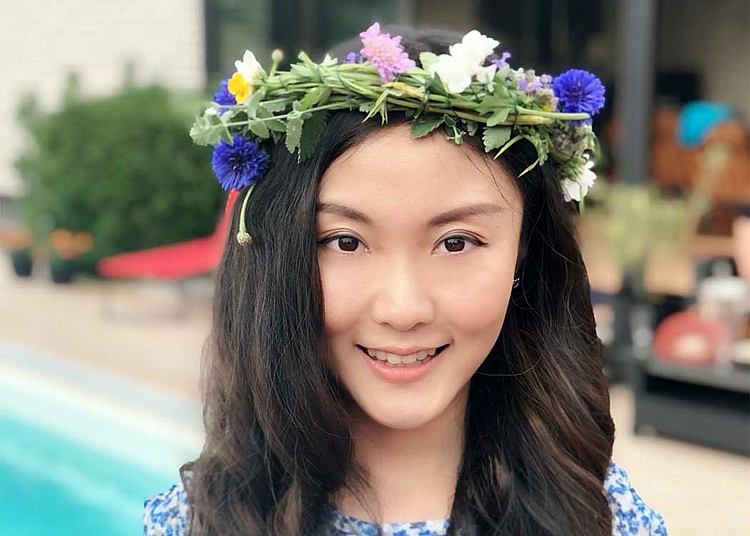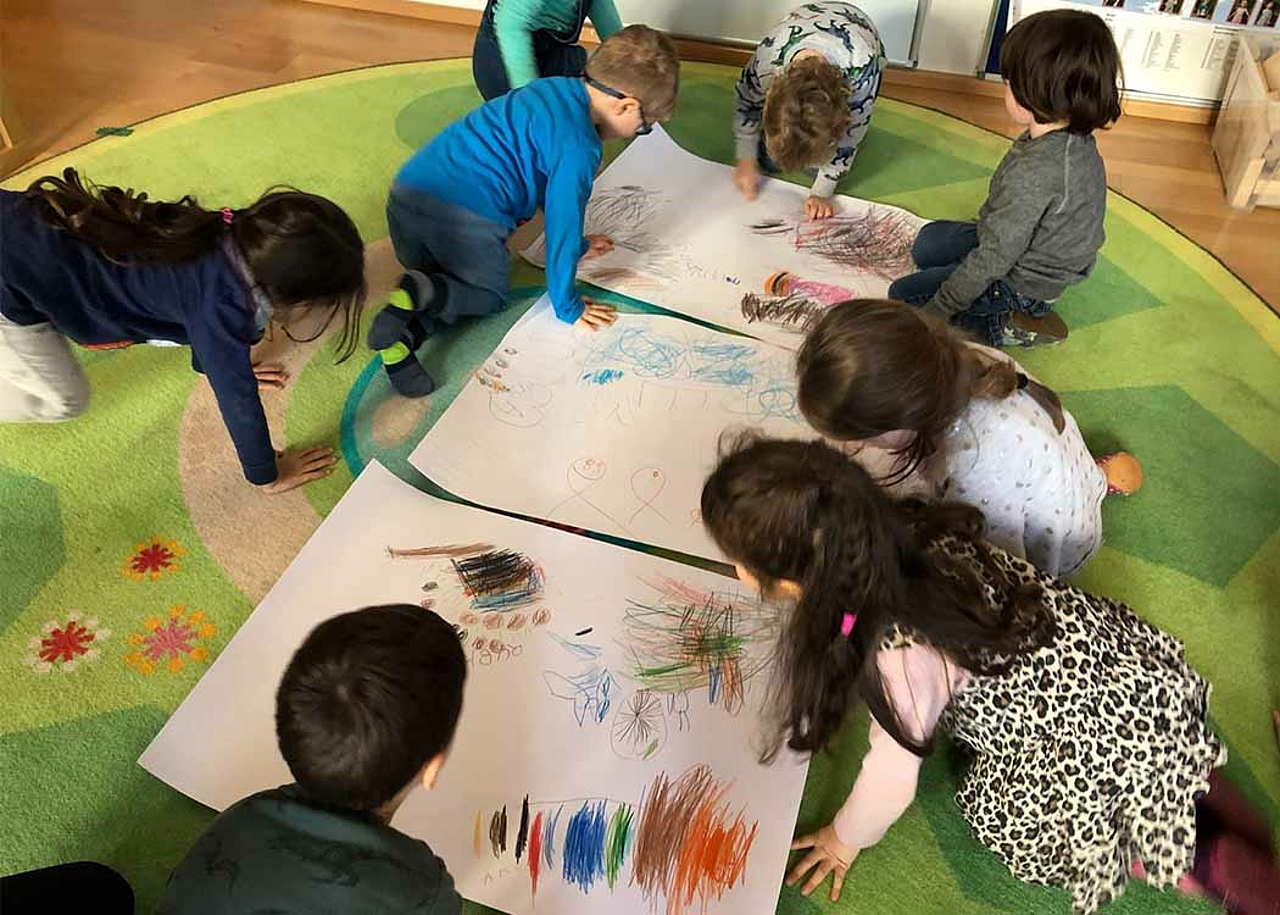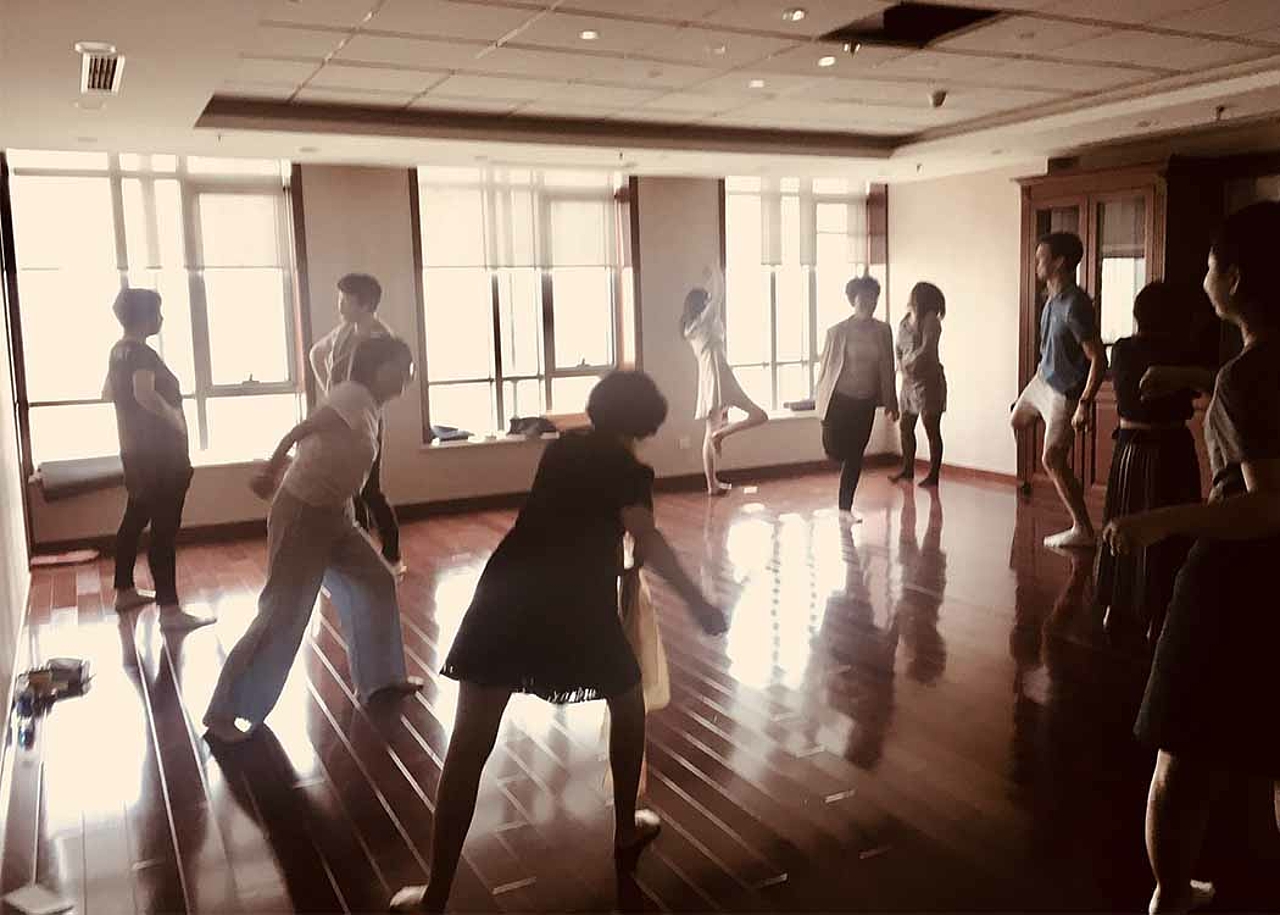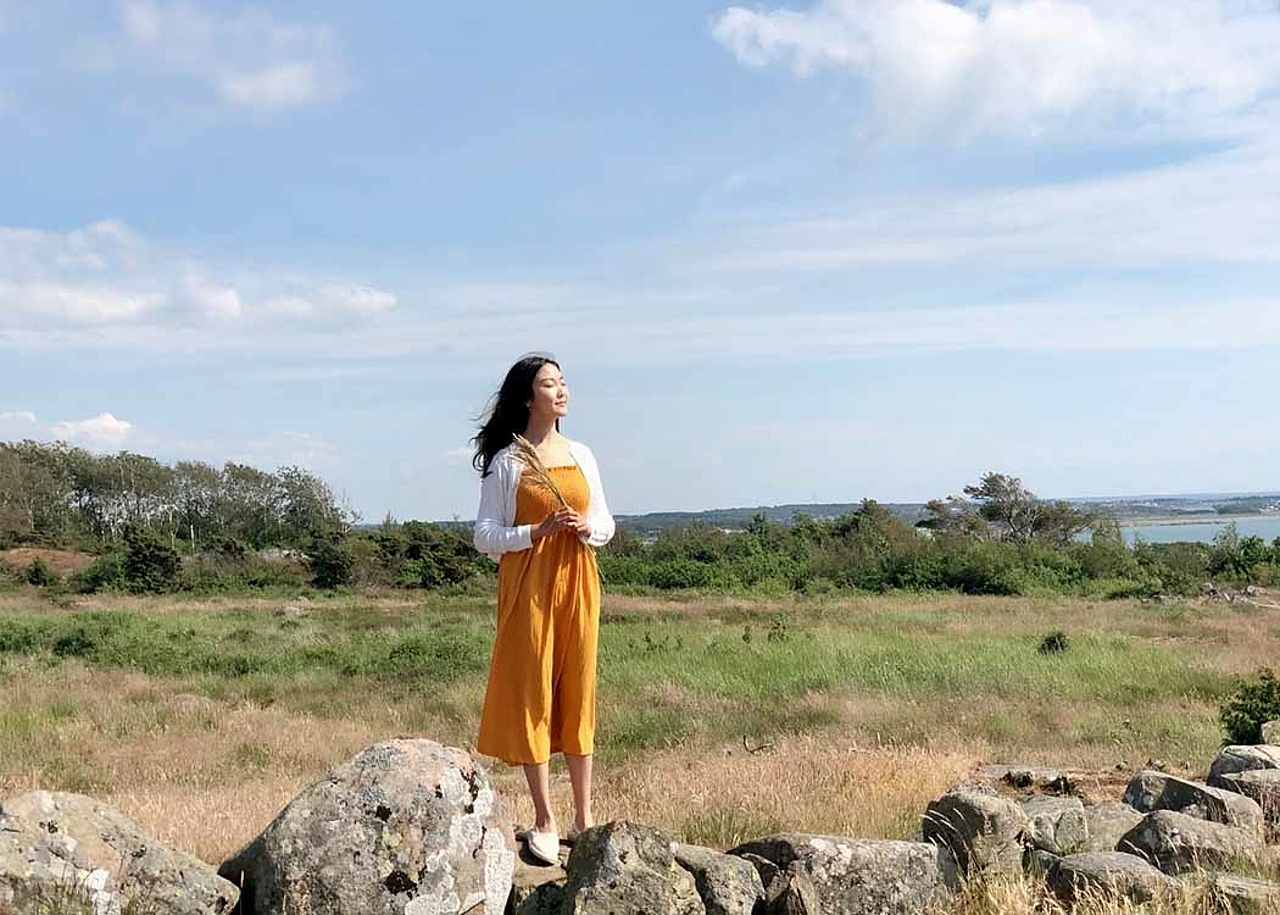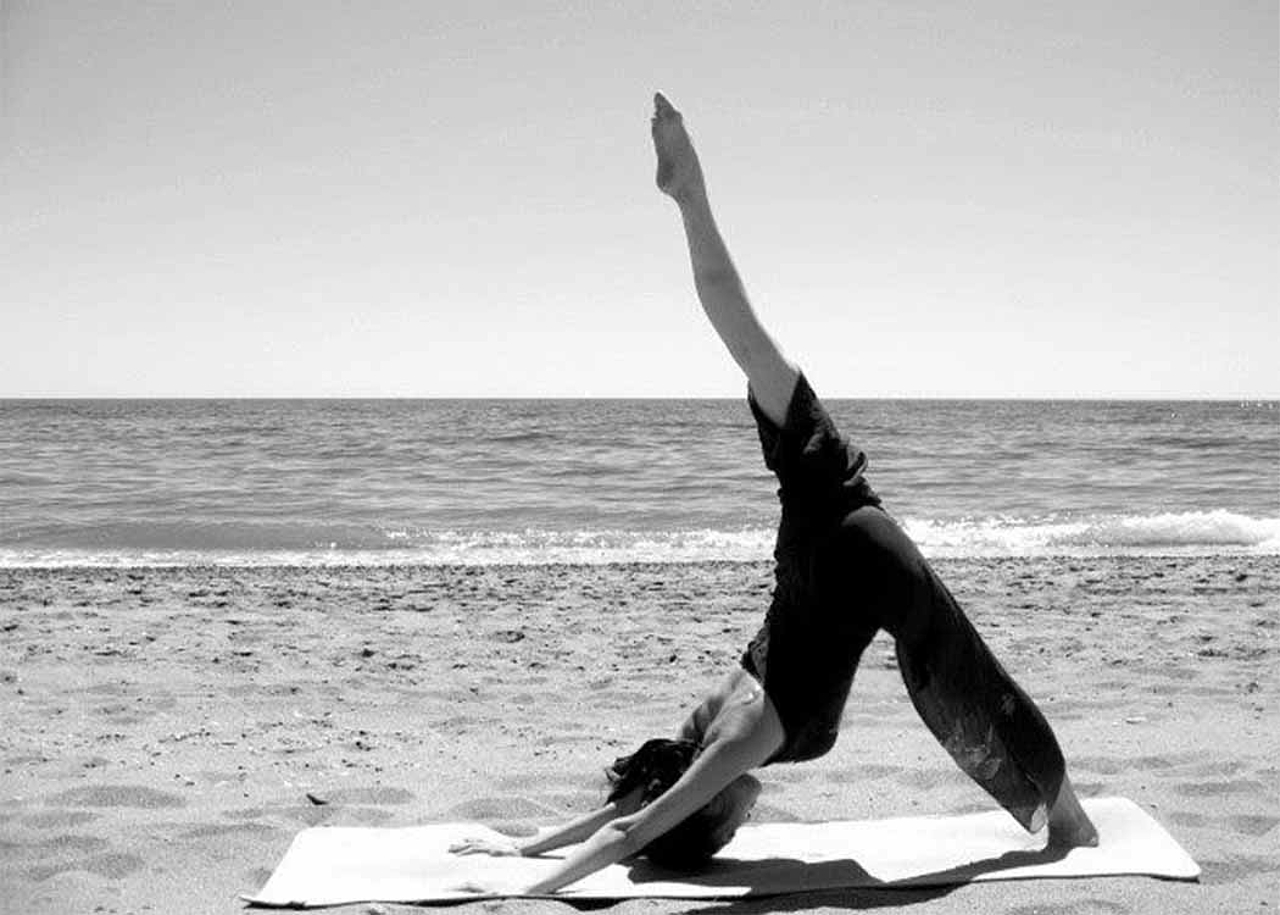What comes to mind when you think about your studies?
A process of learning and development. Constantly acquiring new information and knowledge that inspire me and make me reflect on my understanding of the world. It is a process of expansion I would say, as I get to know what I did not know before, I get to try things that I normally would not try on my own.
So, through each challenge, I take one step out of my comfort zone, even if it is just a small step, me as a person, my thinking and mindset are all expanding with or without my conscious awareness at the time. Like everything else, there are parts that we enjoy and there are parts that we find difficult and challenging, but at the end of the day, they are shaping the process of our growth and taking us to the next stage of development.
You acquired a Master of Arts in Business Psychology. What is your current job position?
I’m currently in the process of establishing my own arts-based consultancy business in Sweden, and developing potential collaboration projects between China, Sweden, and Germany in the fields such as organizational development, organizational health and well-being promotion, intercultural integration, and sustainable leadership development.
Did you get any further work experiences prior to your current position that you would like to share with us?
During my studies, I conducted different arts-based workshops and coaching sessions for individuals and groups, topics included personal development, stress management, and mental health promotion.
I also volunteered in the UNICEF Berlin International Team in which I could apply my knowledge and skills in psychology and arts in few different educational programs, such as teaching children water hygiene, correct hand washing routines, and how to deal with grief via creative activities (drawings, movements, storytelling with puppet play).
During the pandemic, I held weekly online workshops for individuals and groups to promote mental health and well-being through resilience building, self-care practices, emotion management, aesthetic appreciation, etc.
